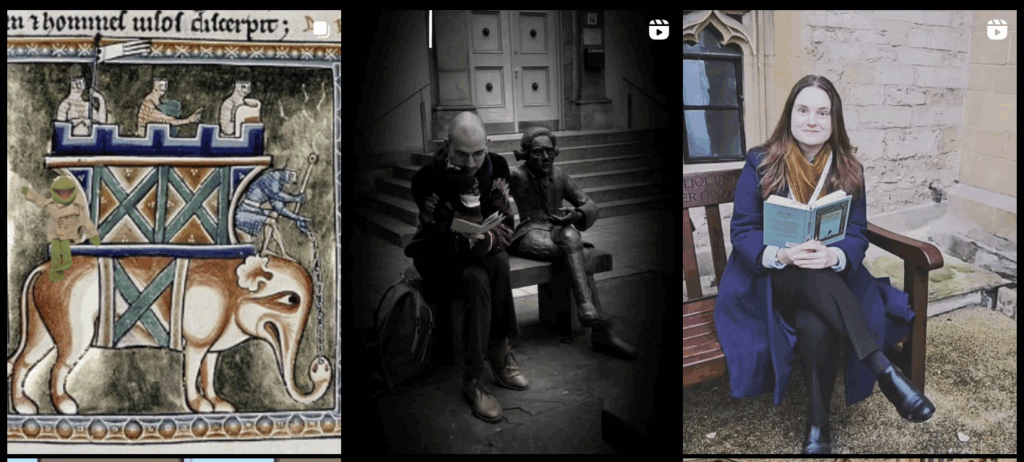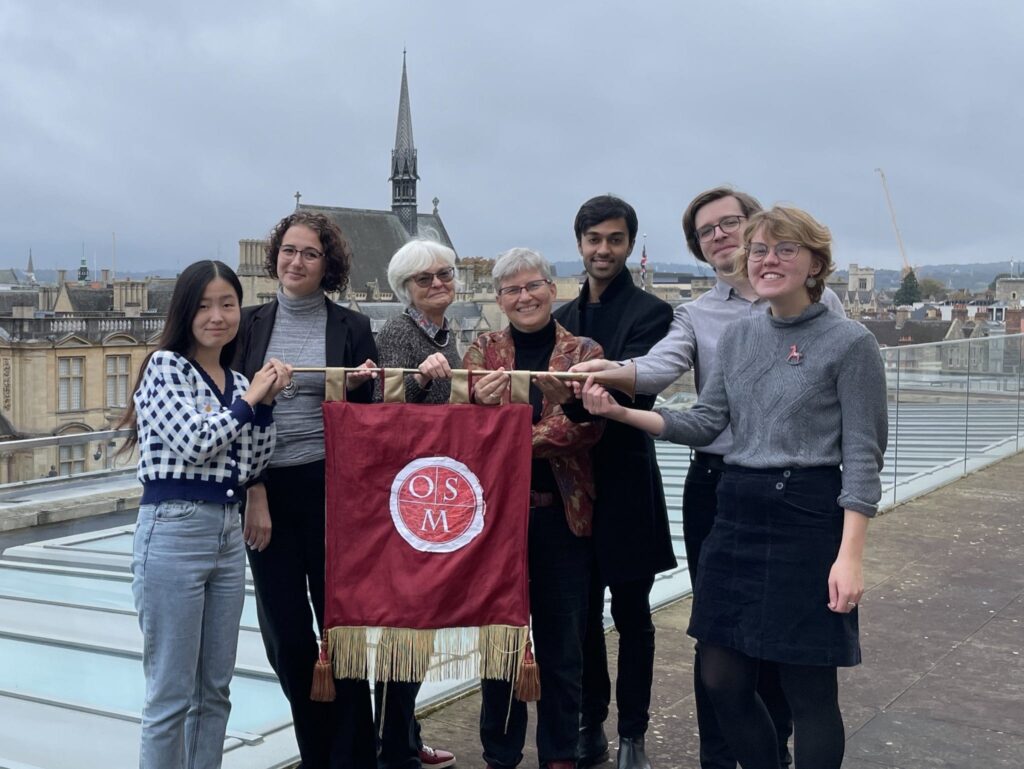Full-time, fixed-term postdoc position for 6 months to work with Andrew Dunning on redeveloping the Medieval Libraries of Great Britain project as a sustainable, open-access digital resource for manuscript studies. Apply by 14 July 2025
Full job advert and Further Particulars
The Bodleian Libraries are seeking to appoint a researcher to join the Medieval Libraries of Great Britain project, funded by the British Academy.Based in Bodleian Special Collections at the Weston Library, the successful applicant will contribute to the redevelopment of MLGB as a sustainable, open-access digital resource for manuscript studies. This is an exceptional opportunity to work with a leading team in historical bibliography, digital humanities, and medieval library history.You will take a leading role in the reconciliation, enhancement, and integration of the MLGB dataset, working with legacy print, manuscript, and digital sources. You will apply and adapt digital methods (especially TEI XML), analyse provenance data, disambiguate historical agents, and contribute to collaborative scholarly outputs. You will present your findings at conferences and help shape the project’s intellectual direction and future development.
This is a full-time, fixed-term post for 6 months. The role is based in the Weston Library, Oxford, with up to two days of remote working per week by agreement with the line manager. The Chair of this recruitment panel will be Dr Andrew Dunning, R.W. Hunt Curator of Medieval Manuscripts, who can be contacted with enquiries relating to the role (andrew.dunning@bodleian.ox.ac.uk).
About You You will have a PhD/DPhil (or have submitted a thesis) in a field such as medieval studies, book history, or digital humanities. You will have excellent reading knowledge of Latin and expertise in manuscript studies, including palaeographical and codicological skills. You will be able to manage your own research activities independently and will have contributed to academic publications or digital research outputs. You will have excellent communication skills and be able to work collaboratively in a research team.
What We Offer: As an employee of the University of Oxford, you will enjoy a wide range of benefits, including 38 days’ paid annual leave, membership of a generous pension scheme, family-friendly policies, access to childcare services, and opportunities for flexible and hybrid working. You will have access to the University Club and sports facilities, professional development through the Researcher Hub, and a vibrant academic and cultural environment in central Oxford. More information is available at https://hr.admin.ox.ac.uk/staff-benefits
Diversity: Our staff and students come from all over the world, and we proudly promote a friendly and inclusive culture. Diversity is positively encouraged through diverse groups and champions, as well as a number of family-friendly policies, such as the right to apply for flexible working and support for staff returning from periods of extended absence, for example, shared parental leave.We are committed to ensuring that our recruitment processes are inclusive and accessible. If you require the job description or any other materials in an alternative format, or if you would like to request any adjustments to support you through the application or interview process, please contact the recruitment team at recruitment@glam.ox.ac.uk.How to applyYou will be required to upload your CV and a supporting statement. Your supporting statement should list each of the essential and desirable selection criteria, as listed in the job description, and explain how you meet each one. Both documents must be submitted to be considered.We aim to provide a supportive working environment and are happy to discuss training and professional development opportunities.
Only applications received online before 12:00 midday (BST) on Monday 14 July 2025 can be considered. Interviews are expected to take place during the week commencing 28 July 2025.
Contact Person : GLAM Recruitment, Vacancy ID : 180432
Closing Date & Time : 14-Jul-2025 12:00
Pay Scale : RESEARCH GRADE 6
Contact Email : recruitment@glam.ox.ac.uk
Salary (£) : £34,982 – £40,855 per annum
180432 Job Description and Selection Criteria.pdf
On the background of the project
Consult the Holding page: Medieval Libraries of Great Britain. The Bodleian Libraries write: In October 2024, we had to take a number of specialist digital resources offline. This was a precautionary step in line with University guidance to ensure we were protected from a hostile cyber-attack.
Alternative ways to access the material
Digitised copies of the print catalogue can be found on HathiTrust:
1964 edition: https://hdl.handle.net/2027/uva.x000937945
1987 supplement: https://hdl.handle.net/2027/mdp.39015021966216
[1941 edition:] https://hdl.handle.net/2027/uiug.30112113075359
An archived static version of the site is available at the Internet Archive, which allows you to browser the records. Date when website was withdrawn: 24 October 2024







